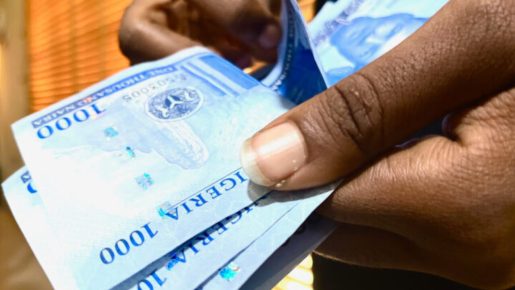Despite Binance, the world’s largest crypto exchange, settling a colossal $4.3 billion with U.S. authorities for alleged violations of money-transmitting and sanctions laws, the Naira remains steadfast in the cryptocurrency market. It consistently traded within the range of N1120 to N1150 against the dollar on Binance.
Founder Changpeng “CZ” Zhao, facing personal charges, entered a guilty plea in Seattle. In return, he relinquished his position and agreed to a $50 million fine. The helm now passes to Richard Teng, a former Abu Dhabi regulator and subsequent leader of Binance’s regional markets.
Binance, accused of operating an unlicensed money transmitting business and flouting anti-money laundering and sanctions laws, faces regulatory challenges. Nigeria’s Securities Exchange Commission directed Binance to cease operations, but Nigerians continue to engage in the cryptocurrency market.
Despite the Central Bank of Nigeria’s 2021 prohibition on banks and financial organizations participating in crypto trading, Nigeria remains Africa’s foremost cryptocurrency market, with Binance dominating peer-to-peer transactions.
Ambiguous policy goals muddy the waters, with the 2023 Finance Act introducing a 10% capital gains tax on digital asset profits from May 1, 2023. However, many global cryptocurrency exchanges Nigerians use are unregistered in the country.
The Security and Exchange Commission’s clarification that digital assets include crypto assets hasn’t deterred interest. Between July 2022 and June 2023, Nigeria’s crypto transactions reached $56.7 billion.
Nigeria’s affinity for crypto stems from economic challenges, high unemployment rates, and bureaucratic fund transfer processes. The shift to unconventional transactions, driven by inflation and limited access to traditional financing, gained momentum.
President Bola Tinubu’s reforms, eliminating exchange rate restrictions and a costly gasoline subsidy, intensified demand for stablecoins and Bitcoin. Stablecoins, like Tether, linked to a stable asset, protect against Naira devaluation and are favored for reduced volatility, lower transaction costs, and heightened security.
In Nigeria’s dynamic crypto landscape, digital assets serve as a resilient alternative amid economic uncertainties.


